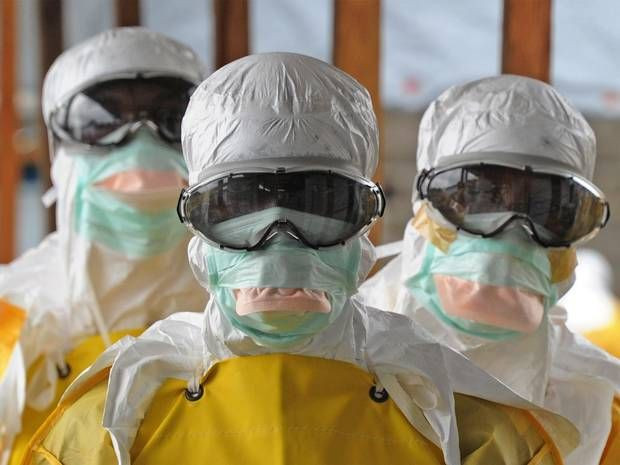Ebola Outbreak In Liberia Almost Over, World Health Organization Says

Liberia is just two days away from being officially free of the Ebola virus, but authorities warn the outbreak will have long-term consequences.
The World Health Organization has announced that, if there are no new cases of Ebola in the country by Saturday, the outbreak, in Liberia at least, will be officially over. Liberia was one of three West African countries hardest hit by the largest recorded outbreak of the Ebola virus, which has killed more than 11,000 people since March 2014.
The WHO reported that there have been fewer than 10 cases per week in the country since the beginning of January, and May 9 will be the 42nd day since the burial of the last confirmed victim, which will end its “outbreak” status.
“May 9 is our magic date,” Liberia’s minister of commerce told reporters this week. “If there are no new cases, and I believe there will be no new cases, we will have met the threshold.”
Neighboring Guinea and Sierra Leone together reported record-low rates of just 18 confirmed cases in the week ending on May 3. It’s another good sign, but authorities are still on high alert.
“That both countries have each reported fewer than 10 cases is encouraging,” the WHO said, while cautioning that “it is important to guard against complacency.”
International organizations have warned that, though the outbreak may be nearing its end, much of the fallout is only just beginning.
“The U.N. and other partners recognized quite early on that this was more than a public health crisis,” Karin Landgren, U.N. representative to Liberia, said earlier this week.
Liberia, for instance, was still struggling to recover from a devastating civil war that ended in 2003 when the first Ebola deaths occurred. It was making great strides in recent years, and many fear that progress has been derailed by the outbreak, which brought with it economic and political turmoil.
“Certainly, health services collapsed almost immediately. But there were immediate risks to public security,” Landgren said, noting skyrocketing commodity prices and an official state of emergency requiring a military presence.
Going forward, international aid is now focused on economic, not medical, assistance.
“Even as we work relentlessly to get to zero Ebola cases, the international community must help Guinea, Liberia and Sierra Leone jumpstart their recovery,” World Bank President Jim Young Kim said last month, while announcing a $1.6 billion donation to the region to help with economic recovery.
© Copyright IBTimes 2024. All rights reserved.






















